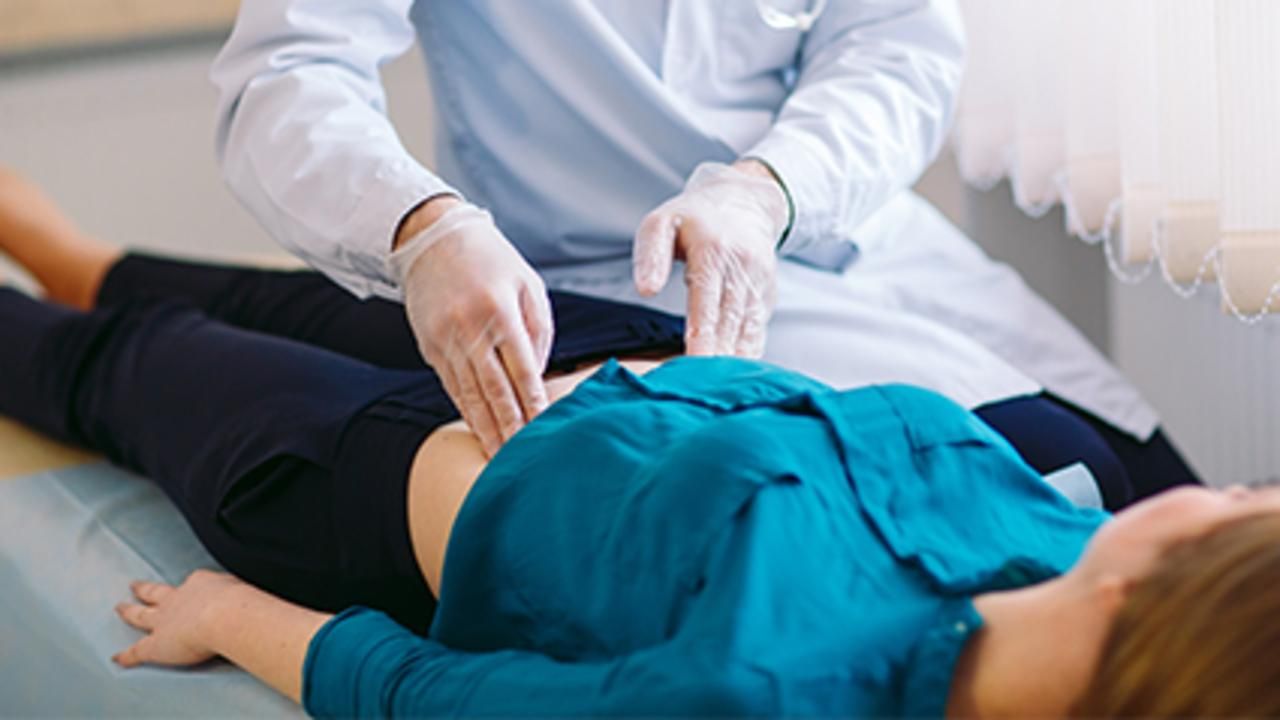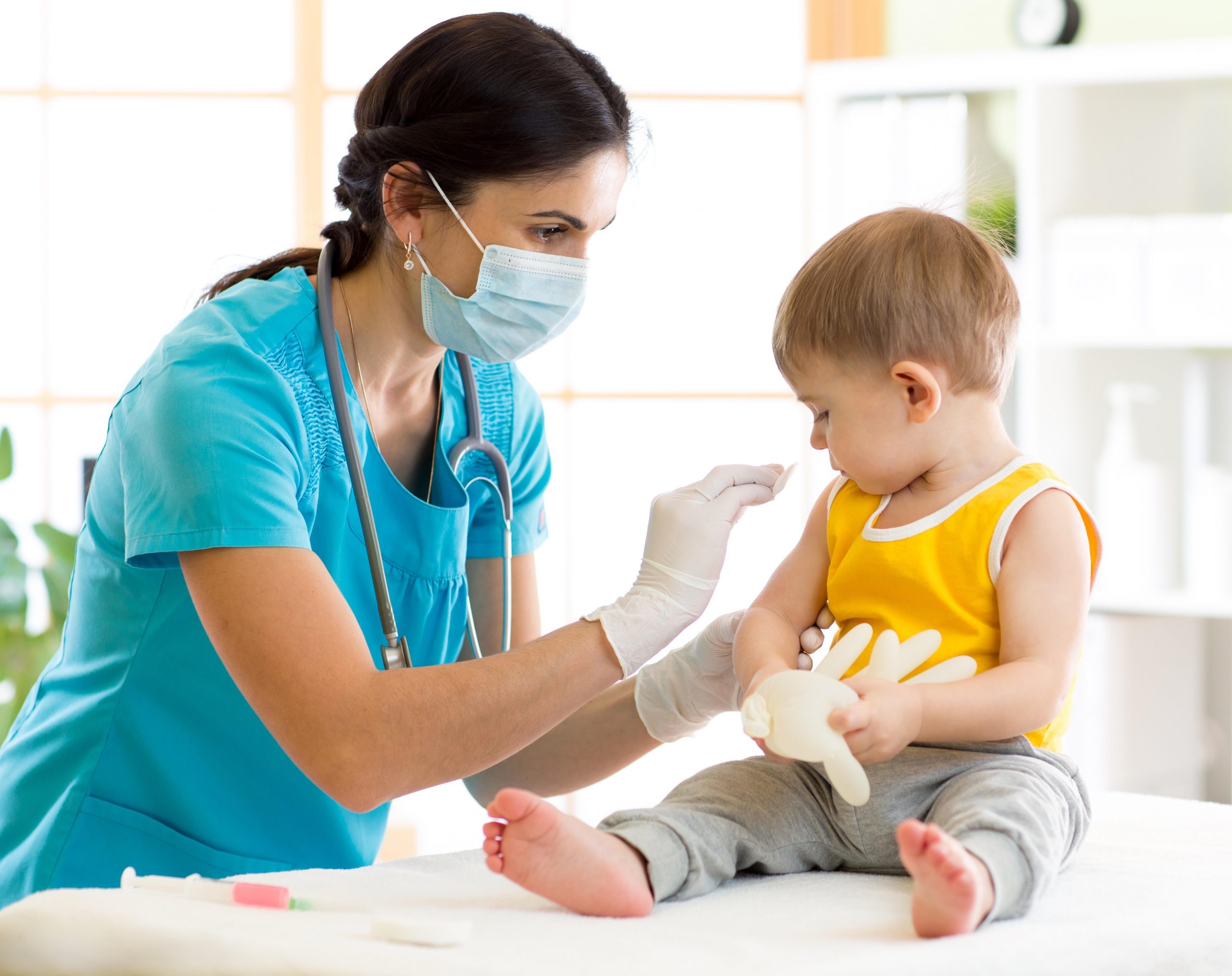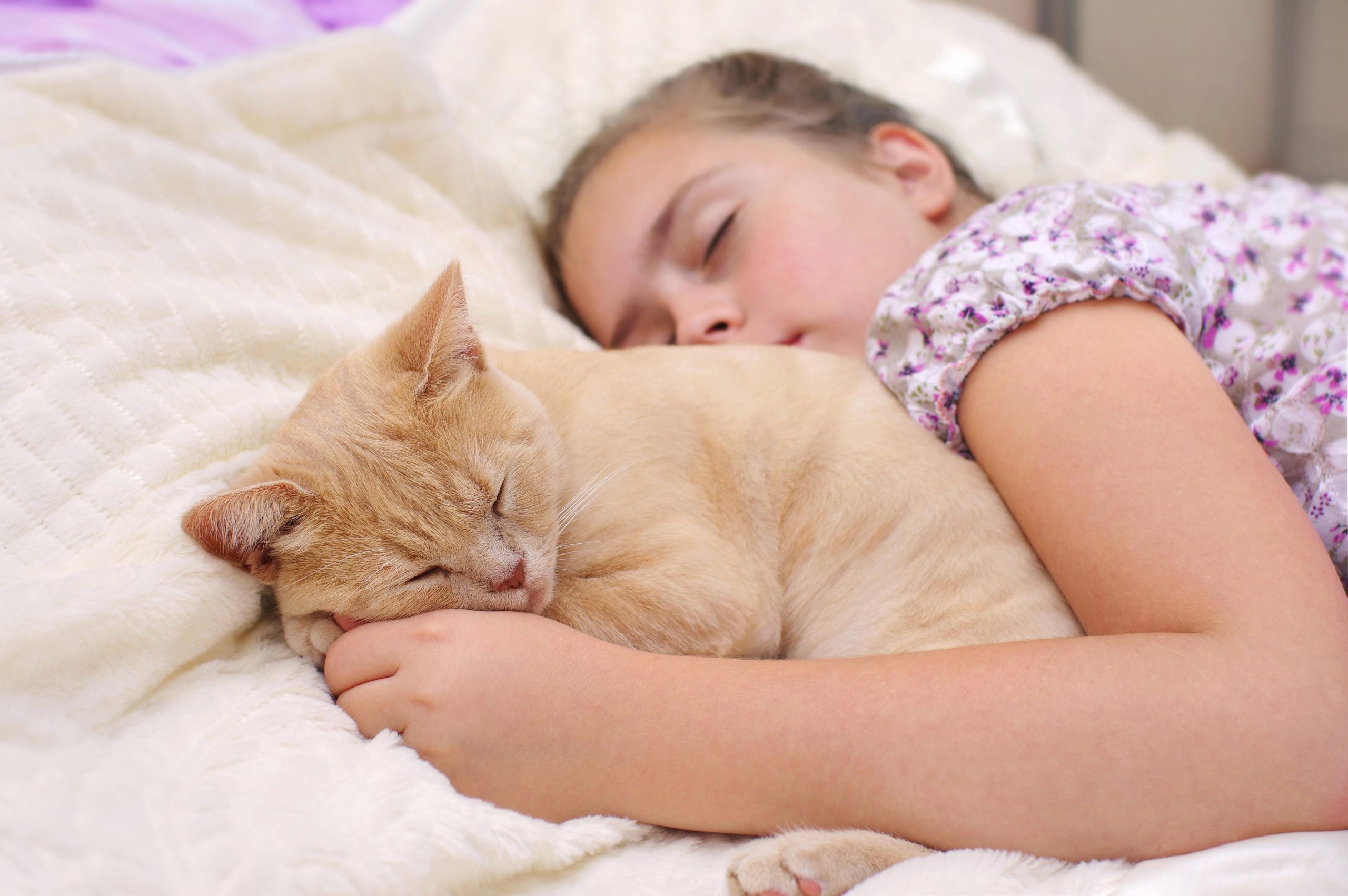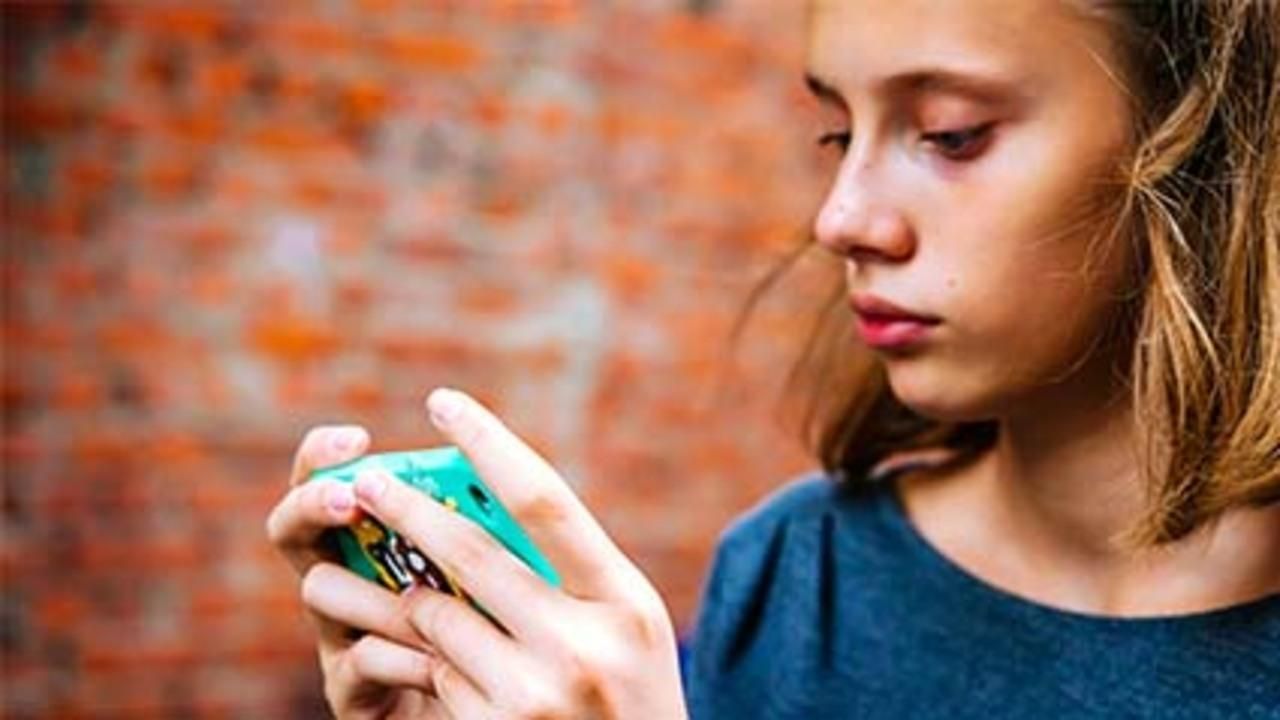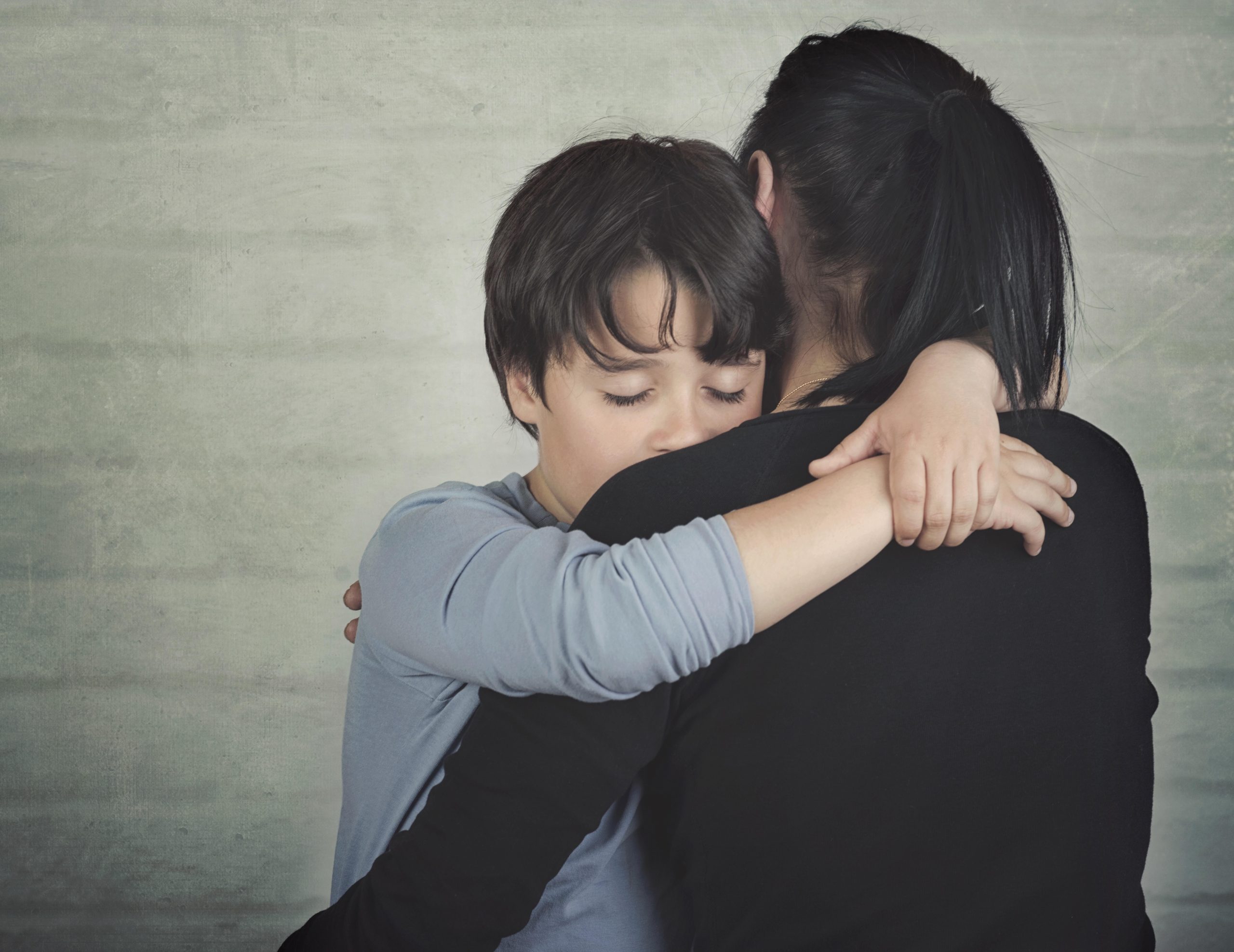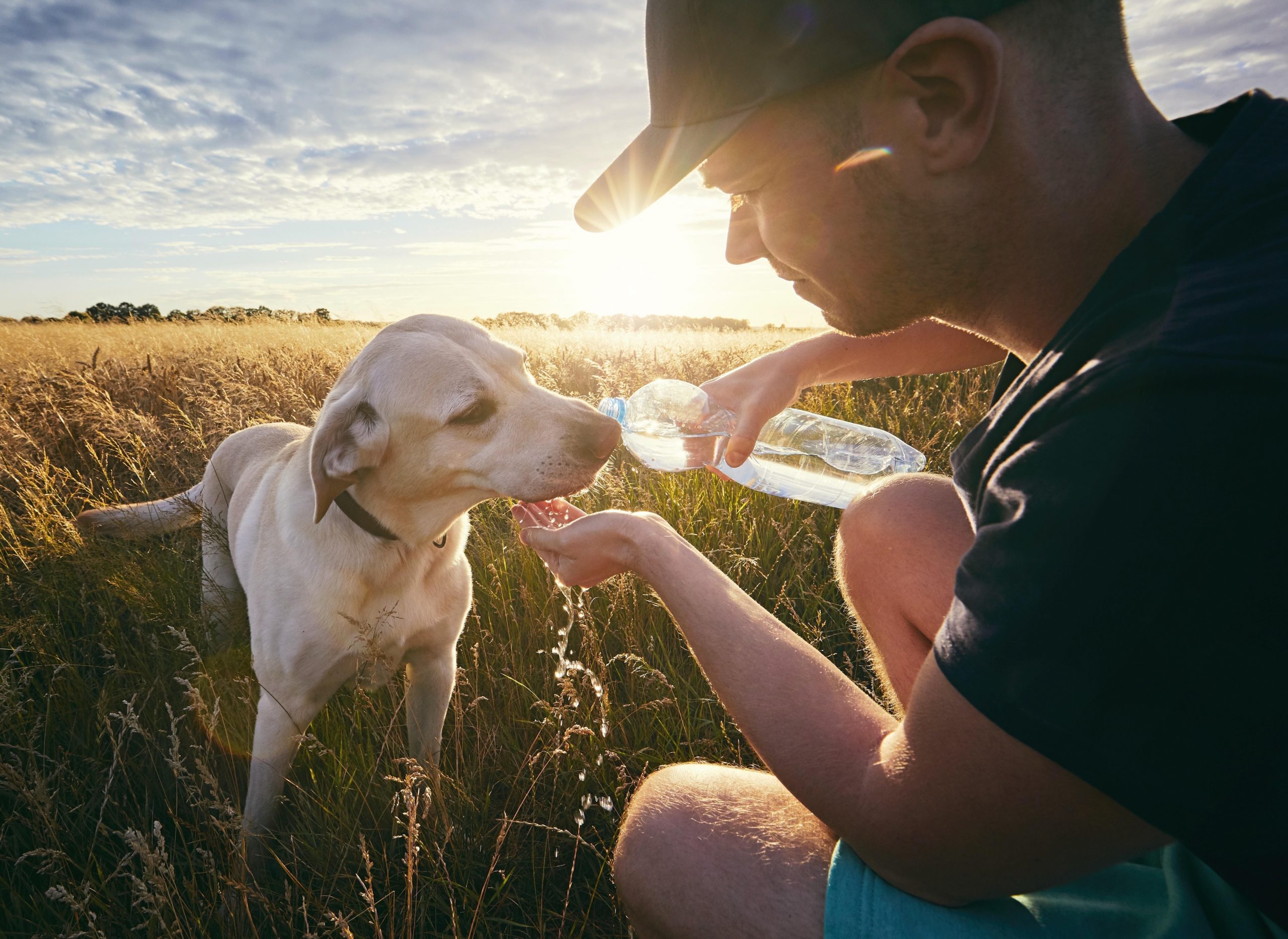
Is your pooch a herder or a hunter? You can try taking them to a trainer, but new research shows much of their behavior is hardwired in their DNA. For the new study, researchers analyzed DNA samples from more than 200 dog breeds and surveyed 46,000 pet-owners to try to suss out why certain breeds… read on > read on >










